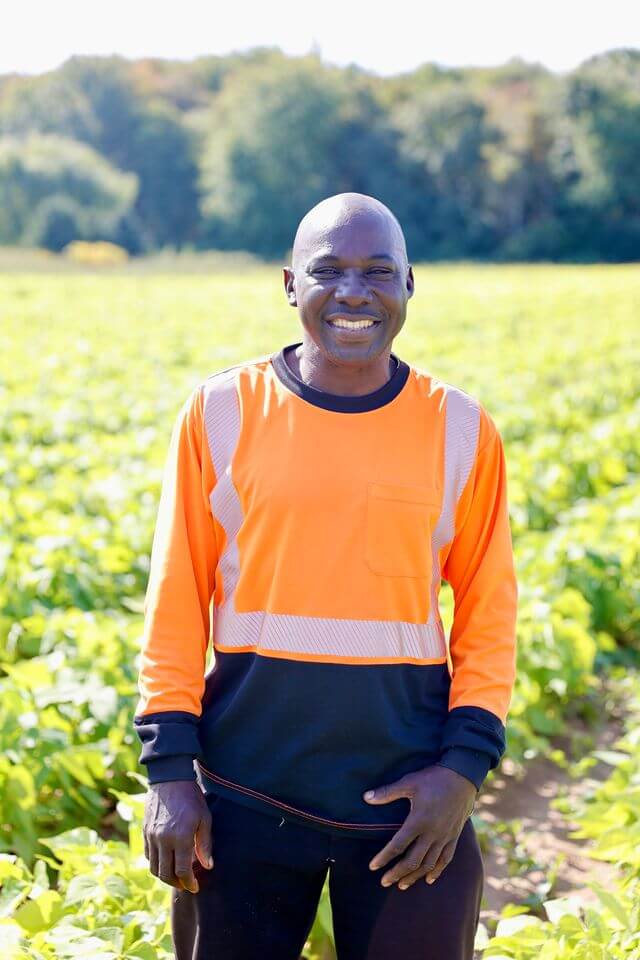My name is Orlando, I’m from Kingston, Jamaica. That’s the capital of Jamaica. I live in a community that is said to be volatile. It is stereotyped and stigmatized because of violence.
I grew up seeing the political war and as a result of that, I chose a positive path, being a peace initiator and violence preventer, being a specialist in that space. I went to school and have a degree in sociology.
I’ve travelled to Canada prior to being a part of this program. I have been to Newfoundland and Labrador as a part of the Jamaica Canada Youth Exchange program. I then came back again two more times to visit UNICEF Canada. I spoke about violence affecting children in Jamaica and was also a speaker at the World Urban Tree Forum in Vancouver. I have done a lot of travelling and work globally.
The first country UNICEF sent me to was Ethiopia, to Addis Ababa for the youth symposium. Then they sent me right across the Caribbean to speak about violence affecting young people. CARICOM saw what I was doing and I was drafted and I assisted them in writing two books, Caribbean Youth, Dreams and Visions and also an entrepreneur manual for Caribbean youth.
I have served the children and youth through various programs in Jamaica however it takes cash to care for your family. The money I make here is for the family; this is my sixth year coming here on the program.
I may come here for five months, but I still have seven months in Jamaica. With the program, I can still perform my roles and function in my community as a positive role model, as a positive leader. I can still offer my mediation and conflict resolution skill set to mitigate something or to ease tension and bring about a cease fire and then move towards peace.
The only difference is that now perform these functions voluntarily. Being here is of great importance because this is where you make the money. The money I make here extends to others in my community beyond just my family.
My first daughter will be 16 on the third of November. My second daughter will be 14 on the 16th of November. My second son will be seven the 14th of November. We have a lot of birthdays in November and my oldest son turned 21, the 22nd of August.
It’s always hard to leave your family to go somewhere to work, especially overseas, but the environment makes it easier to accept working abroad. Knowing that you can still communicate with your family, knowing that you can still be there, maybe not physically, but mentally.
This farm is like my home away from home. I like coming here, I like being here and above all that, I make good money. There are14 of us and every single worker has their own quarters. Everyone has their own space, it’s very comfortable. We have internet so we can speak with our relatives and that closeness is still there. I can help my daughters with their homework. I sit hereon a video call with them and I test them with their math.
I love music. There is a Jamaican reggae superstar named Sizzla Kalonji, (Miguel Collins), he and I have partnered over the years to do a lot of positive work in my community. At one point, he even built a music studio, to be used for youth to find a way out of the struggle.
I would love Canadians to know that what we do pushes the economy, what we do provides food on the table for many people. So respect migrant workers. We are respected here at this farm and as a result of that, you work and don’t even know that you’re working.
I think we have the best farm, actually I don’t think, I know! I’m really, really grateful to be, employed here. It has been good. And it has been profitable. That’s the number one, it’s profitable, because if you don’t make any money, it doesn’t make sense. If it don’t make a dollar, it don’t make sense, because the dollar has to change for you to get cents(laughing).

